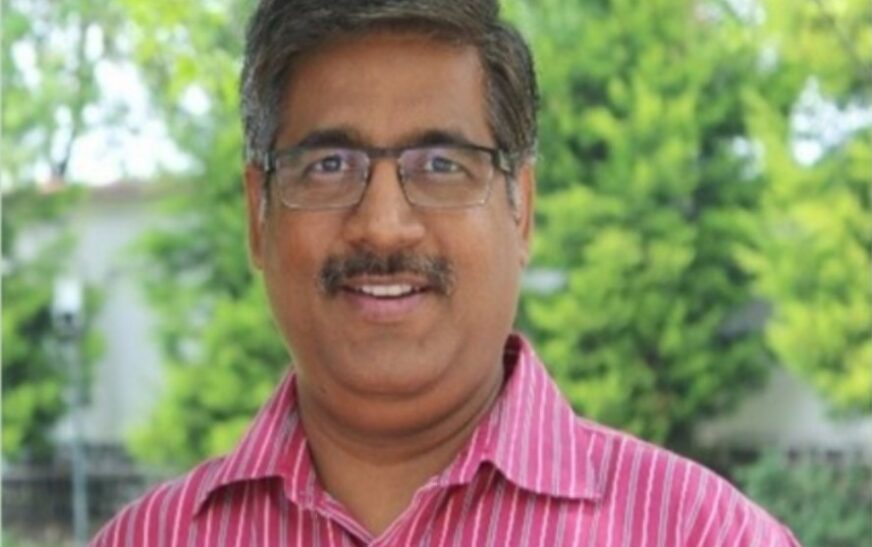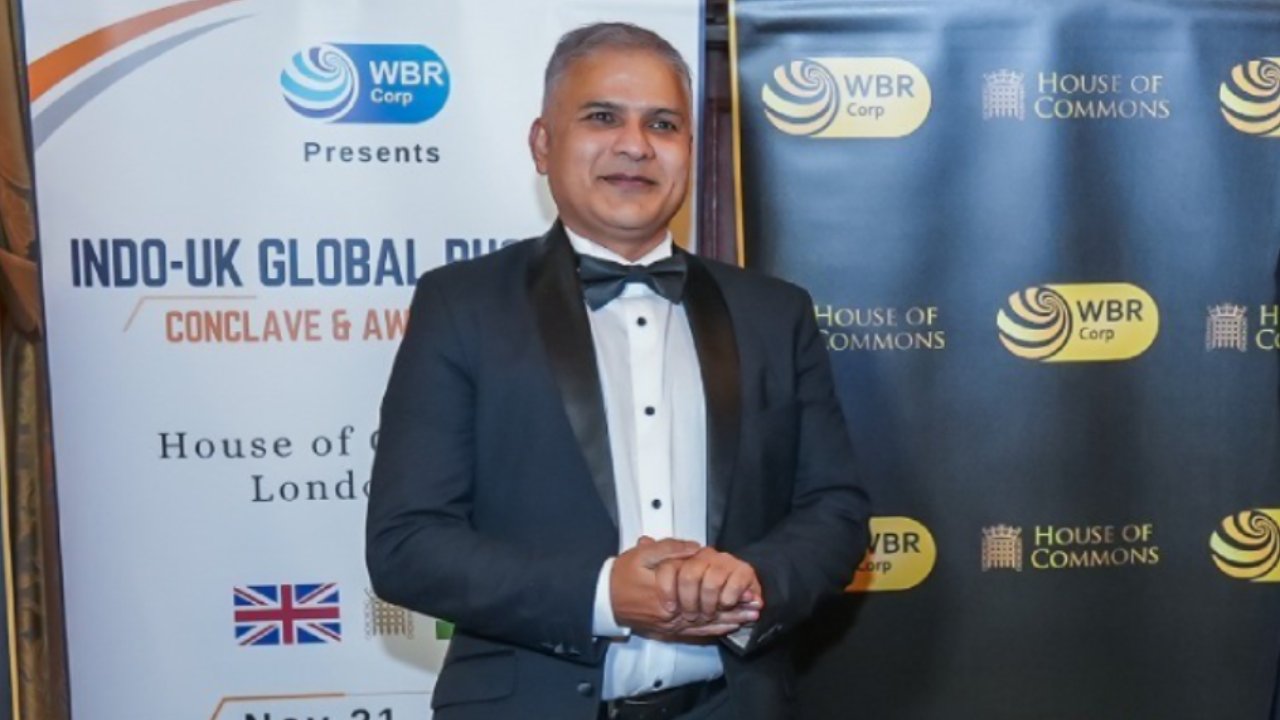Over the span of four decades, Rajesh Verma has been a stalwart figure in the field of rural development, serving as the Secretary and Executive Director of Akhil Bhartiya Gramin Uthan Samiti (ABGUS). With unwavering dedication and expertise, Rajesh has contributed immensely to ABGUS’ mission, offering not just leadership but also invaluable insights and guidance to a core team comprising distinguished public service professionals.
Rajesh’s academic background, including a master’s degree in sociology, lays a solid foundation for his work. His extensive experience spans engagements with both rural and urban communities, as well as the orchestration of large-scale partnerships with national and international organizations. This breadth of experience has honed his ability to understand and address the diverse needs and challenges faced by communities.
Within ABGUS, Rajesh’s leadership has been instrumental in driving impactful initiatives. From 2002 to 2019, he led the organization’s research and assessment efforts, pioneering initiatives such as the Rural Poverty & Indicators (RPI) initiative and Poverty Line Basket (PLB). His contributions have not been limited to ABGUS alone; Rajesh has also collaborated with grassroots organizations such as Macmillan India, Chetna, Ahmedabad, and ChildFund International, USA.
Beyond his work with ABGUS and other organizations, Rajesh has established several rural development organizations, further amplifying his impact. Additionally, his involvement in co-creating community process toolkits underscores his commitment to capacity-building programs, facilitating the empowerment of individuals and communities.
In an exclusive interaction with The Interview World, Rajesh Verma sheds light on ABGUS’ transformative efforts in community-led water conservation across states like Punjab, Haryana, and Rajasthan. His passion for rural development and his relentless pursuit of positive change continue to inspire and drive meaningful progress in communities across India.
Q: How would you describe your organization and the scope of its activities?
A: ABGUS, a voluntary civil society organization established in 1987 by a diverse group of young professionals, has been dedicated to fostering the holistic development of children, women, and communities. Our work spans various domains, including empowerment initiatives, natural resource management, skill development, vocational training, child welfare, quality education, improved learning outcomes, menstrual hygiene management, community health, and women’s empowerment. To date, we have reached over 200,000 beneficiaries
Through our programs, we strive not only to address immediate needs but also to cultivate sustainable community development. By nurturing self-help groups for women and fostering partnerships with corporate social responsibility (CSR) entities, we also aim to build resilient organizations and leaders capable of driving long-term change.
Our approach hinges on active engagement with local communities. Through this interaction, we have come to recognize the pivotal role of community participation in effecting behavioral and communication shifts. This deeper connection has enabled us to tackle a multitude of community-based challenges, such as water conservation and access to clean drinking water, thereby leaving a lasting imprint on the lives of those we serve.
Q: How are you leveraging collaborations with multiple MNCs to implement community-led programs, and could you provide insights into the specific initiatives and strategies you’re employing for wastewater management?
A: ABGUS, in partnership with Unilever, initiated the Water Management Project in village Dhingi, located in block Nabha, district Patiala, Punjab. This project, focused on wastewater management, aimed to recycle and repurpose wastewater for irrigation, groundwater recharge, and rainwater harvesting. By utilizing a treatment pond, we can recycle and reuse up to 40 thousand litres of wastewater daily, providing benefits to approximately 2,755 individuals and 350 households.
In the fiscal year 2020-21, we launched the Shudh Payjal initiative, establishing community-based RO-treated water plants in two villages of Rajasthan. Currently, this endeavor serves around 74,500 people, ensuring access to clean water. Additionally, our Satat Bhoojal project successfully revitalized five ponds spanning approximately 30 acres across five villages, benefitting 17,000 villagers. Through this endeavor, our team imparted knowledge to locals on various methods to conserve natural water bodies, enhancing community awareness and participation.
Q: How does effective water management contribute to environmental sustainability, social well-being, and economic prosperity?
A: In India, rural communities confront a pressing issue of acute water scarcity, severely impacting essential domestic activities and agricultural practices. This crisis stems from multiple factors, notably the cultivation of water-intensive crops, inadequate water efficiency practices, and the unregulated extraction of groundwater resources. Moreover, the escalating levels of water pollution contribute significantly to the unsustainability of water supplies, exacerbating an already precarious situation.
The implications of these challenges are profound, with far-reaching consequences for water resources and the livelihoods of millions of people dependent on agriculture. If left unaddressed, these issues have the potential to escalate further, aggravating the already dire situation.
Recognizing the urgency and significance of sustainable water management, ABGUS has taken proactive measures to address these challenges. Through dedicated efforts in water conservation and management, ABGUS aims to mitigate the impacts of water scarcity, safeguarding both present and future generations from the devastating effects of water insecurity.
Q: What strategies or initiatives are you implementing to align with PM’s Jal Shakti Abhiyan and maximize synergy?
A: The Prime Minister launched the Jal Shakti Abhiyan – Catch The Rain campaign, highlighting the vital role of rainwater harvesting. ABGUS diligently addresses the deepening water crisis, with a special focus on rural communities, particularly in Rajasthan and Haryana. Over the past three years, our efforts have led to the rejuvenation of 17 village water bodies. Furthermore, we’ve installed community RO plants, ensuring access to safe drinking water in 12 villages spanning Dharuhera (Haryana) & Tijara block (Rajasthan). Looking ahead, our agenda includes the establishment of 10 additional plants within the next two years, solidifying our commitment to water sustainability and community welfare.









